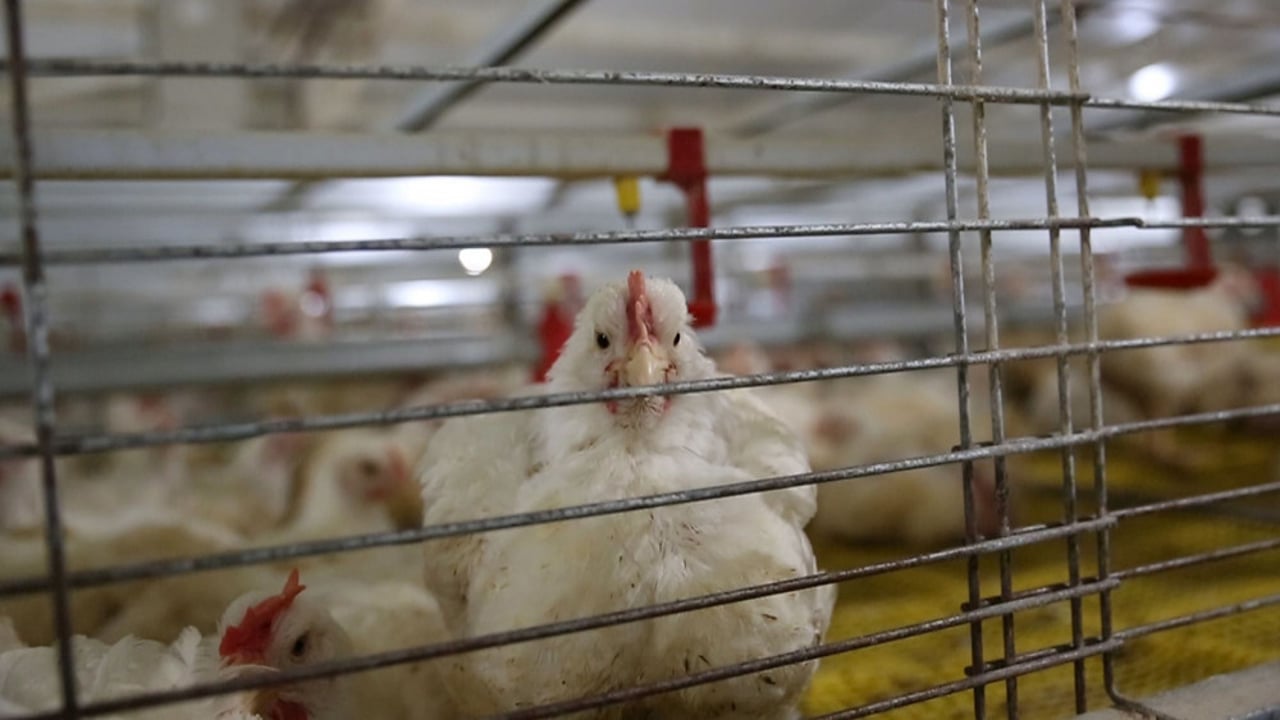
Animal welfare is misheard when it comes to factory farming of chickens, and a considerable number of animals are prone to several cruel actions.
What's happening in Factory Farming?
The Story of an individual always sounds alarming while the tales of mass suffering are always neglected amongst people. The same scenario is exact in factory farming. Chickens are the most abused animal in the world and are suffering daily in factory farming. Animal welfare is misheard when it comes to factory farming of chickens, and a considerable number of animals are prone to several cruel actions.
Chickens are raised with gained weight, painful lameness, skin lesions, leg fractures, lung problems, bone problems, breathing difficulties, and even heart failure in severe cases. In factory farming, chickens spend most of their time on barren shed stuffed with other chickens. They are not also provided at least 4 hours of darkness in the shed, which makes rest, a constant challenge. They spend their whole life with an unhealthy amount of weight in poorly lit, cramped, and barren lands. You can know more by watching the video given below:
Did you know that there are nine chickens for every human on the planet?
According to studies, approximately 40 billion chickens are suffering like this every day, and even if we count the chickens surviving in High Welfare Standards, the figure rises to 60 billion. There are nine chickens for every human on the planet, and the statistics are alarming in some countries. Chicken is now one of the world’s most popular meats. Between 1996-2016, demand for chicken meat grew almost 40% in the European Union, 89% in China, and 83% in India. Around 2000, meat chickens are slaughtered every second.
A factory farmed chicken lives an average of 42 days while in the wild, a could expect to live for several years. Their life span is shortened in factory farming and is bred for meat, which may look fully-grown due to forced weight gain, but they are still babies when slaughtered. The chicken is only 40 days old when they are slaughtered and consumed. Before slaughtering, chickens put on more than 50g every day forcefully, which disturbs their immune system drastically and leads to a range of physical problems. Their organs and legs can’t keep up this weight, and this makes them prone to diseases. Chickens love dust bathing i.e., digging a shallow hole to jump in and covering themselves in dry dust and dirt. This is an essential natural behavior, keeping their feathers in good condition, removing parasites and staying stress-free. This feature is entirely restricted in crowded-factory farms. Factory Farming also doesn’t consider the essential behaviors of chickens like pecking, scratching, and perching.
How can we change the lives of Chickens?
The ongoing cruel actions can be cured by providing a Healthier environment to the chickens. The lives of billions of chickens can be transformed by implying High Welfare Standards i.e., healthier chickens raised in sheds with more space, natural light, and stimulating features such as perches and hay bales. The lives of chickens can be changed by adopting following in factory farming:
- The use of chicken breeds that grow at a slower, more natural rate
- More space for the chickens
- More things for the chickens to engage with and explore such as perches and hay bales
- The introduction of natural light in the sheds.
Know more to change the lives of chickens
Factory farms can keep these inquisitive, lively animals healthy and active and must become the global standard for chicken production since change can’t come soon enough!
To know more how change can be brought to the lives of these unique animals- Read TPO report
Chickens are raised with gained weight, painful lameness, skin lesions, leg fractures, lung problems, bone problems, breathing difficulties, and even heart failure in severe cases.
